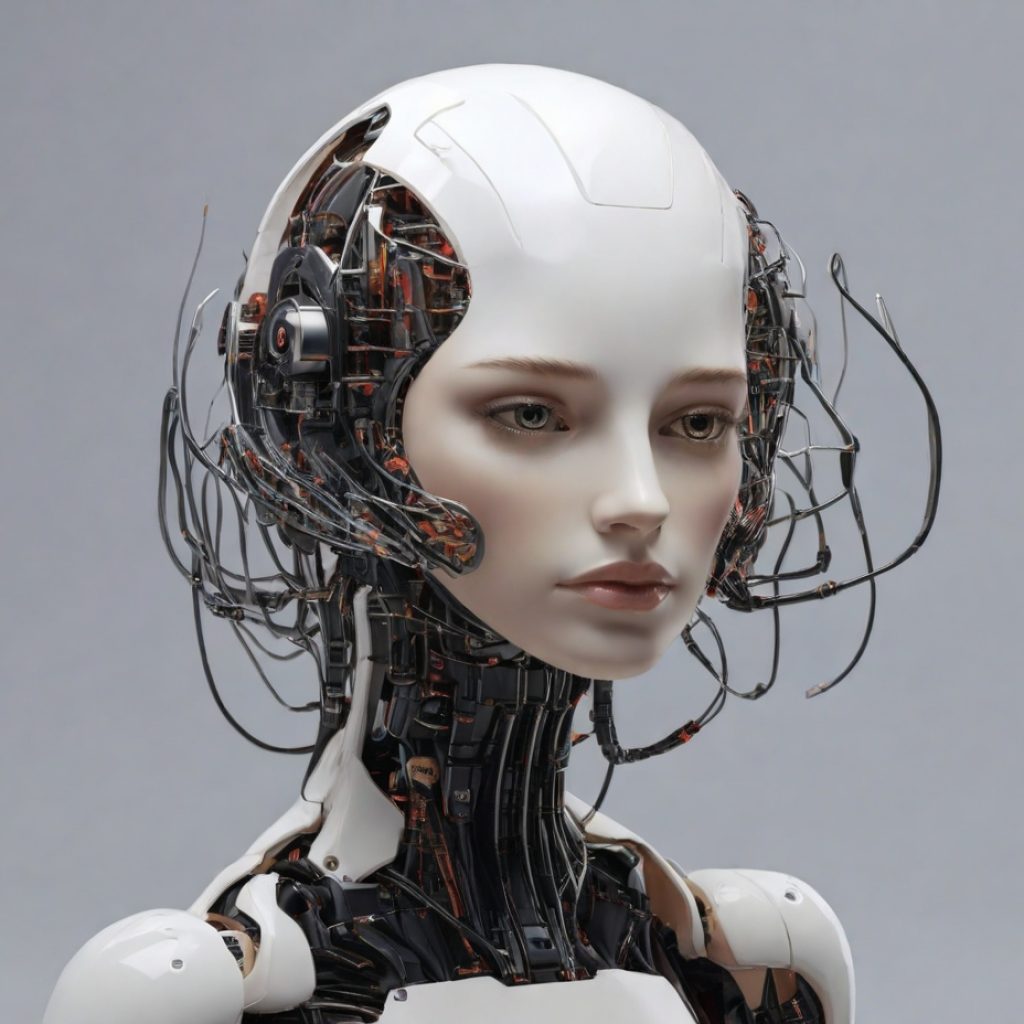A recent survey from the global music studio network, Pirate, has shed light on the growing prevalence of artificial intelligence (AI) in the music industry. With AI being integrated into everything from songwriting to sound design, the lines between human creativity and machine assistance are becoming increasingly blurred.
Back in April, a survey by distribution network Ditto revealed that nearly 60% of 1300 artists were using some form of AI-assisted technology in their music production. However, the extent to which these artists were open about their use of AI remained unclear.
The AI secret in the music industry
Pirate’s new survey has brought to light some intriguing insights. Of the artists surveyed, which included band members, singer-songwriters, producers, and rappers, 52% admitted they would not disclose to their listeners if they used AI in their song creation. This reluctance to share stems from a concern, shared by 53% of those surveyed, about how their audience might perceive music produced with AI assistance. The survey encompassed over 1100 artists from the UK, US, and Germany, with 25% revealing they had previously experimented with AI in music production.
The stigma surrounding AI
These statistics highlight a significant negative perception of AI within the creative industries. The conflict arises between the undeniable utility of AI-powered tools and the potential risks they pose as they evolve, coupled with the existing stigma about their use.
David Borrie, Pirate CEO, draws a parallel between the current sentiment towards AI and the initial reception of Auto-Tune in the music industry. He recalls, “Auto-Tune faced criticism in its early days but eventually found its place in the music industry.” Borrie suggests that AI might undergo a similar journey, gradually becoming a standard tool in music creation as both artists and audiences adapt to this technological innovation.
Diverse applications of AI in music
It’s essential to differentiate between the various AI tools and platforms available to musicians. While it’s convenient to group all AI-related tech under one label, their applications in music production vary significantly.
For instance, using a plugin like iZotope’s Neutron 4, which employs AI to aid the mixing process, is now fairly standard. Many artists wouldn’t feel the need to conceal such usage. However, creating an entire track using AI-powered music generators like Soundful or Stable Audio and releasing it without any edits might be viewed by many as a shortcut, perhaps even creatively lazy.
Both methods utilize AI, but the extent to which they replace or augment the ‘authentic’ creative process varies. Among the survey respondents hesitant about using AI in their music, a significant concern was the potential “loss of authenticity.”
As AI continues to make inroads into the music industry, its acceptance and the transparency surrounding its use will likely evolve. Just as tools like Auto-Tune eventually found their niche, AI might find its rhythm in the music world, offering artists new avenues for creativity while challenging traditional notions of authenticity.




